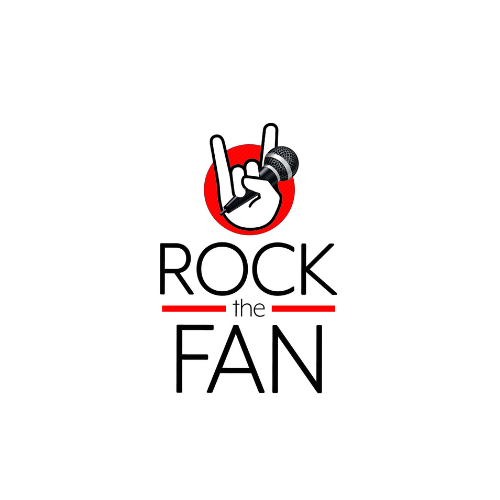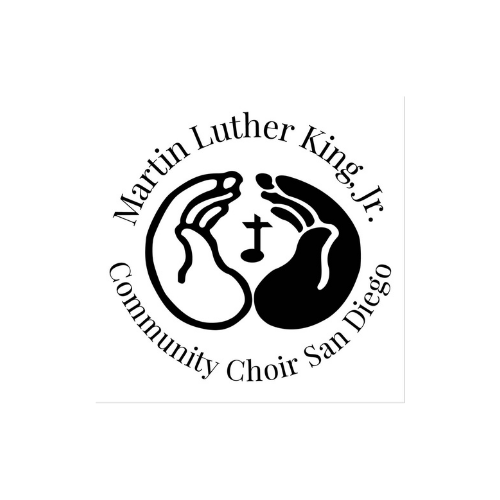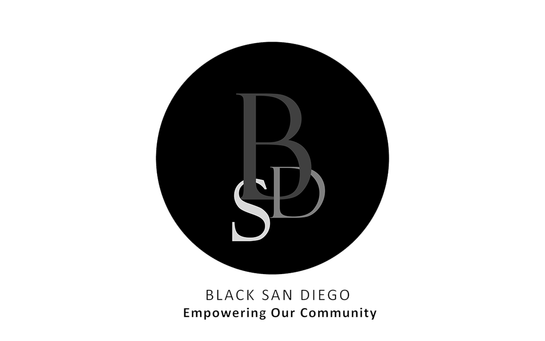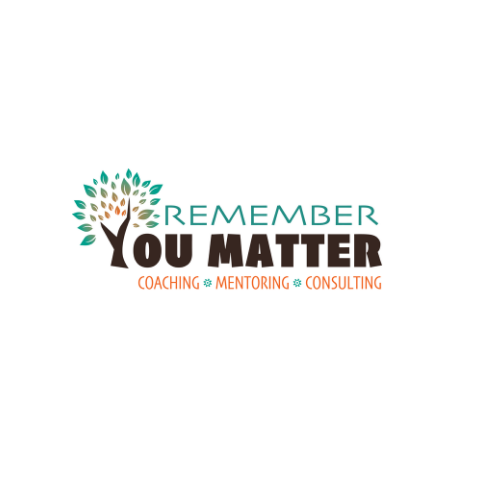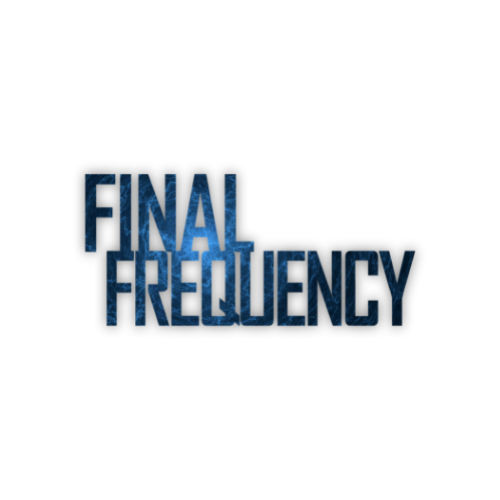
Treasure. Only 8 points in Scrabble, but boy, does it have a lot of meaning for us.
When you Google the word “treasure”, several definitions pop up:
- a quantity of precious metals, gems, or other valuable objects;
- a very valuable object; or
- a person whom the speaker loves or who is valued for the assistance they can give.
When you look up the word in Webster’s Dictionary, you get a slightly different take:
- wealth (such as money, jewels, or precious metals) stored up or hoarded;
- wealth of any kind or in any form;
- a store of money in reserve;
- something of great worth or value, also a person esteemed as rare or precious; or
- a collection of precious things.
How do you define treasure?
So we have all these choices for how we define treasure. However, the truth is each of us really defines treasure in our own way, when it gets down to specifics.
For instance, I treasure my son, and time with him. I will always treasure the afternoon I spent with my grandmother and my cousins, laughing and talking about fun memories, unknowingly the day before she took her last breath on this earth.
Now those things have nothing to do with money whatsoever, right? And yet, I know that money is the fuel that makes it possible for me to support my son, for me to work from home and spend more quality time with him, and for me to take time off to support my grandmother as her life drew to a close.
There’s no shame in an honest money game
I’m no longer in a place in my life where I want money for the sake of money. But I do want money to reinvest in my agency to grow it. I want to grow it because I get great satisfaction from helping people achieve their goals.
And I want money not just to meet my basic needs but to purchase experiences that enrich my quality of life. I want to experience joy in my lifetime, mixed with the hard work and sorrows that naturally come.
There’s no shame in wanting healthy finances in your life for any positive reason.
But just like any goal in life, we have to have a plan and then carry it out in order to be intentionally successful. After all, when you really want something, you can’t always rely on good luck or the kindness of strangers. But you can work for it, build it, earn it, achieve it.
Focus on managing your money
Often, though, as small business owners, entrepreneurs, and start-ups, we find ourselves so busy trying to build the business, reinvest the business, and cover expenses like labor, materials, or health insurance. It’s a lot. And before long, you may realize you’ve forgotten about storing your treasure for the future—saving for a house, for children’s college expenses, and for your own retirement.
That’s why I’m really looking forward to CSD Marketing and Consulting offering “Positive Changes for Good Money Management: A 10-day Focus for Success” in partnership with Corsair Financial Services. For 10 consecutive days, subscribers will receive 10 newsletters with helpful, practical financial information about savings, debt management, taxes, and other ways in which we can manage our money now, to build our treasure for the future. You’ll also have the opportunity to co-create a financial plan to begin the journey towards wealth creation and better money management.
Final thoughts
In truth, I want money to finance my treasure—rewarding work, time with family, cultural and historical experiences, fun, and charitable giving. Barry Gordy, Jr., creator and leader of the Motown Record label had a dream. To achieve it he required money. But the dream itself was beyond wealth. He made history and helped define American and British pop culture in the 1960s and 70s.
Here’s an example—his first hit, which went on to be famously covered by none other than The Beatles—Money, That’s What I Want, two and a half minutes of honest value-setting mixed with pure fun.
Sign up for the 10-day focus today and gain information about creating a treasure chest to finance your dreams.








